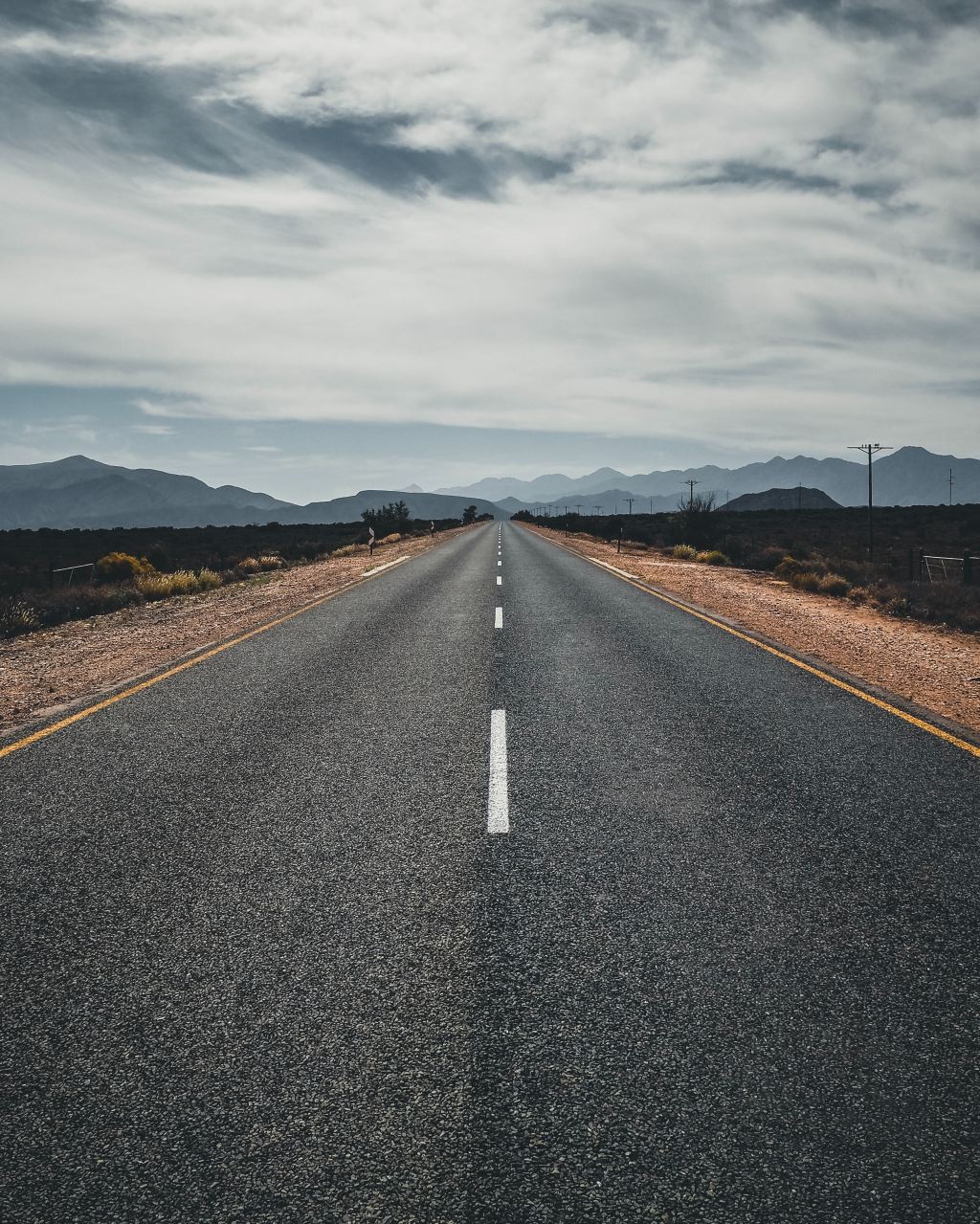First published on 02/02/2013
After a hiatus in writing on this blog, mainly due to the author’s hectic academic pursuits in the doomed(?) year of 2012, we will notice a flurry of activities in this year Gregorian Calendar year. I go through written works at a pace of a book every two days (Shashi Tharoor claims that his pace was a book a day when he was in school, respect !) but have been too lethargic ( a reasonable &academic sounding phrase is structural inertia) to put fingertip on key; of the keyboard, that is. This year, in the spirit of systems based learning, which was the focus of the education which the good teachers of Ann Arbor and Michigan thrust upon us students, I will attempt to write a review, in no particular syntax, of every book that I happen to read. As is the norm, my choice of books for reading will be eclectic, ranging from the P to the P (Politics to pornography, that is). By the way, on the subject of pornography, the Kamasutra is highly over rated. Giovanni Bocaccio is my outright winner, for his Decameron.
Please note that my initial reviews will tend to be crude.
Now that the purpose of writing many an up-and-coming blog has been garrulously done with, we kick off with the Booker of Bookers.
Title:- Midnight’s Children-1981, by Penguin books
Author:- Salman Rushdie. Enough said
Genre · Novel, set in the 20th Century in the Indian sub-continent. Describes events as observed by the narrator of the book, Saleem Sinai; these events are characteristically metaphoric of the political, economic and social events that took place in this region.
Like:-
- The vivid imagination of the author, referred to as magical realism. This is his first major work at age 27. In his autobiography Joseph Anton, he has written about the influence of fables such as the Kathasarithasagara and the Arabian Nights on his childhood. The influence shows in the strong characters and their rich narratives.
- Rushdie has spent his childhood primarily in India, Pakistan and England and it is clearly his time spent here that he cherishes the most. This book is a must read for any student of Contemporary India.
- The metaphors and metonymy. Chutney. Adam Aziz’s nose. Perforated sheets. The timing of Gandhi’s assassination. How the Government pees on its people. Silver Spittoon. The conference of the midnight’s children, whose numbers equal the number of constituencies in India’s national assembly.
- The battle between Saleem and Shiva. Between creation and destruction. Between good and evil, both powerful. Between fantasy and reality, walking in and out of Saleem’s head through his special gift.
- The Politics, oh the politics !:- From pre-independence to Indira, from Jallianwalabagh to Jaiprakash , from Jinnah to Jawaharlal, from the Nanavati scandal to New Delhi power. And of course, the emergency.
Dislikes:- hmm, nothing ! Oh yeah, he could have made it longer, and we would not be bored.
Quotable Quotes
( The Booker Prize was his even if he had written only the lines below)
- That was the day on which taxes were raised and tax thresholds simultaneously lowered; my father flung down the Times of India with a violent gesture and glared around him with the red eyes I knew he only wore in his tempers. ‘It’s like going to the bathroom!’ he exploded, cryptically; egg toast tea shuddered in the blast of his wrath. ‘You raise your shirt and lower your trousers! Wife, this government is going to the bathroom all over us!
- No people whose word for “yesterday” is the same as their word for “tomorrow” can be said to have a firm grip on the time.
- Children are vessels where adults pour their poison.
- Most of what matters in our lives takes place in our absence.
Song for the moment:-
Shine on You Crazy Diamond (Pink Floyd)
In the next book review session:-
Either His Majesty’s Opponent (a biography of Shubash Chandra Bose ) by Prof. Sugata Bose or Beloved by Toni Morrison.


Leave a comment